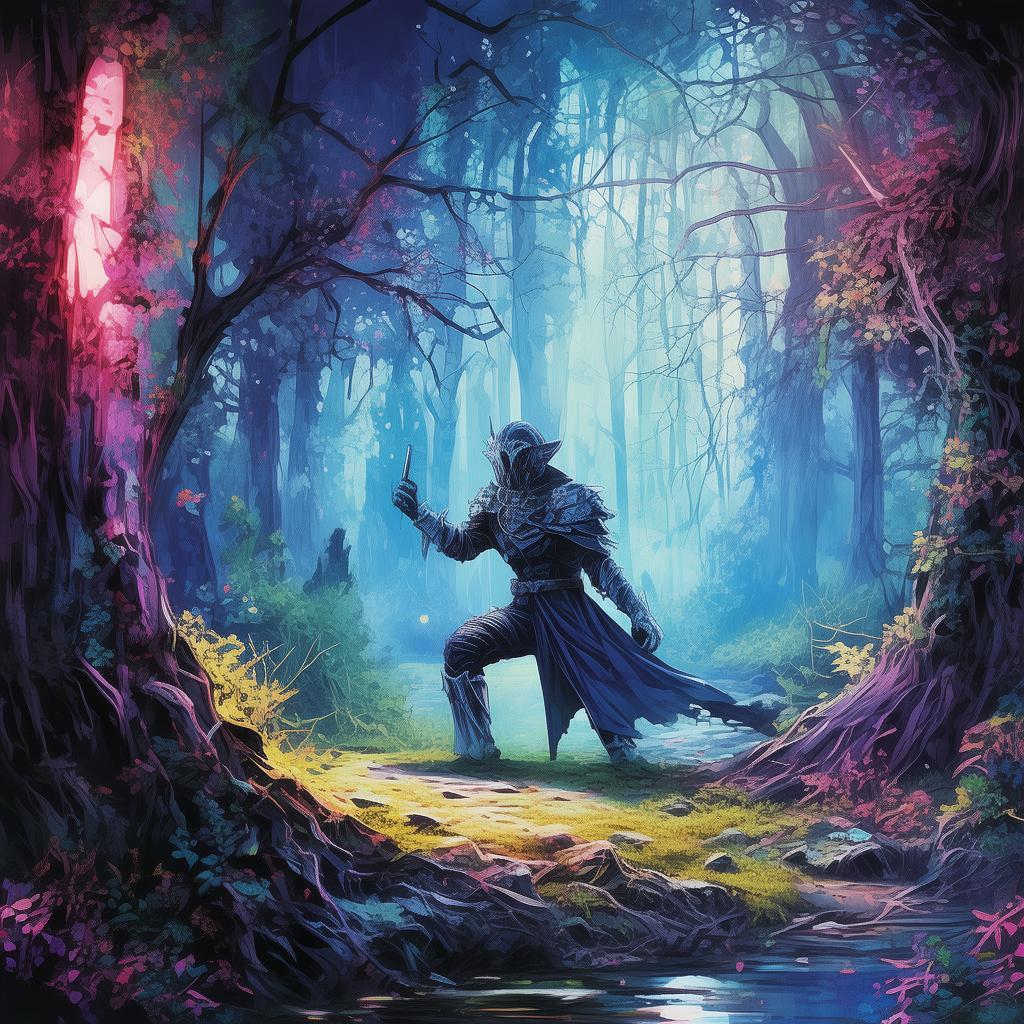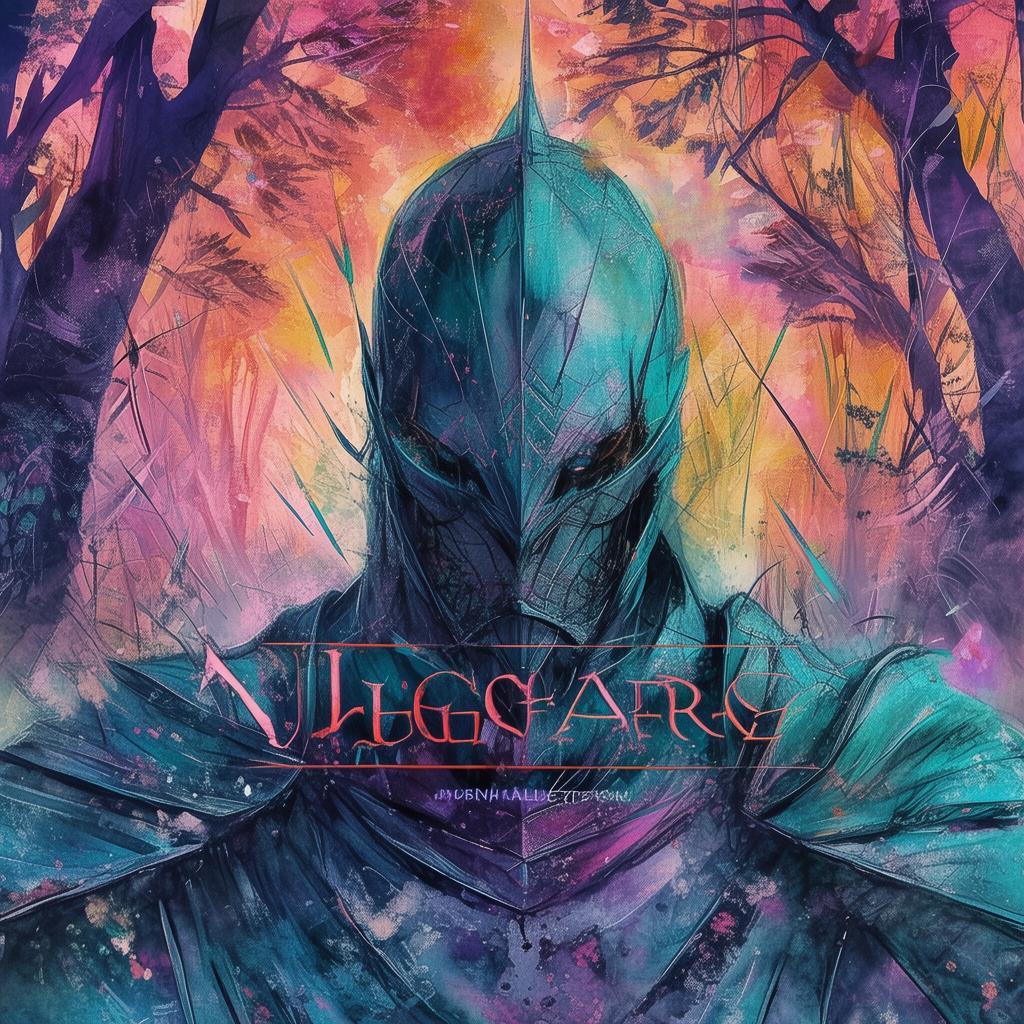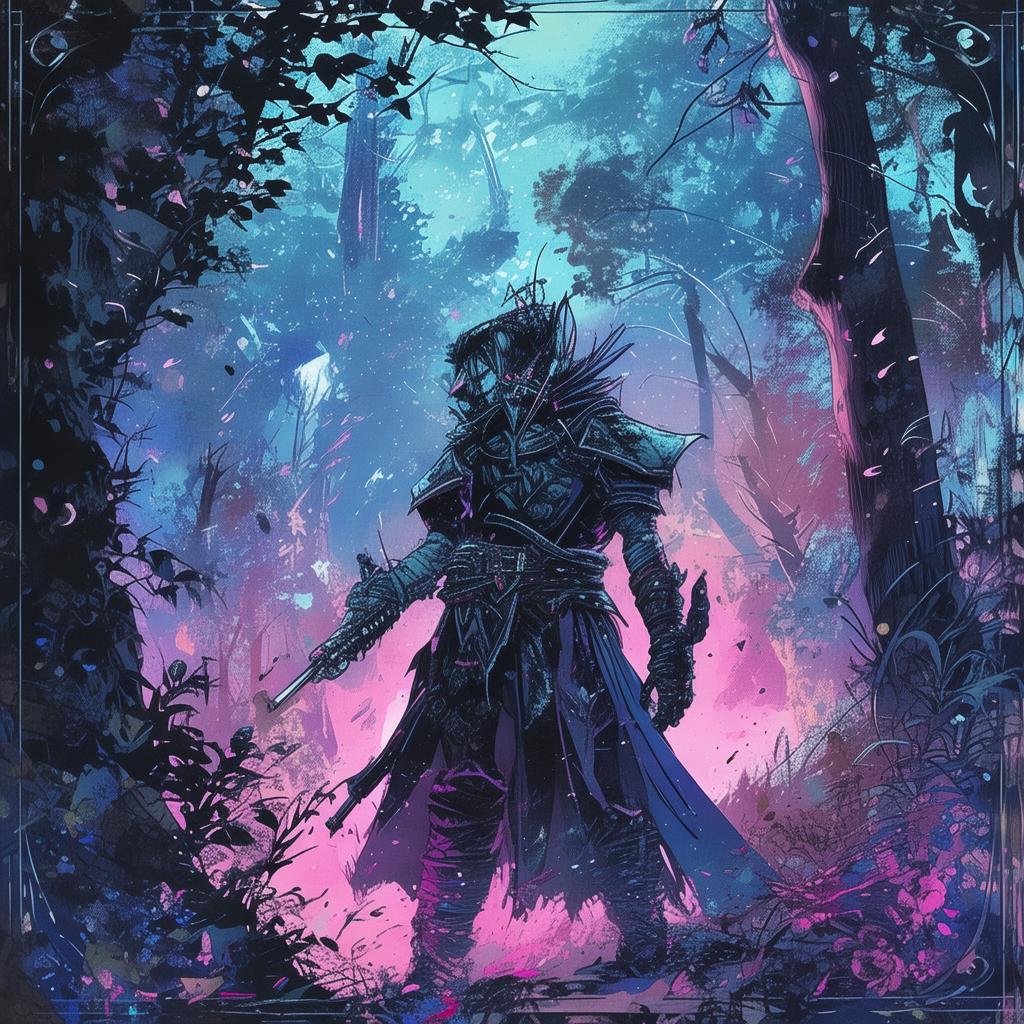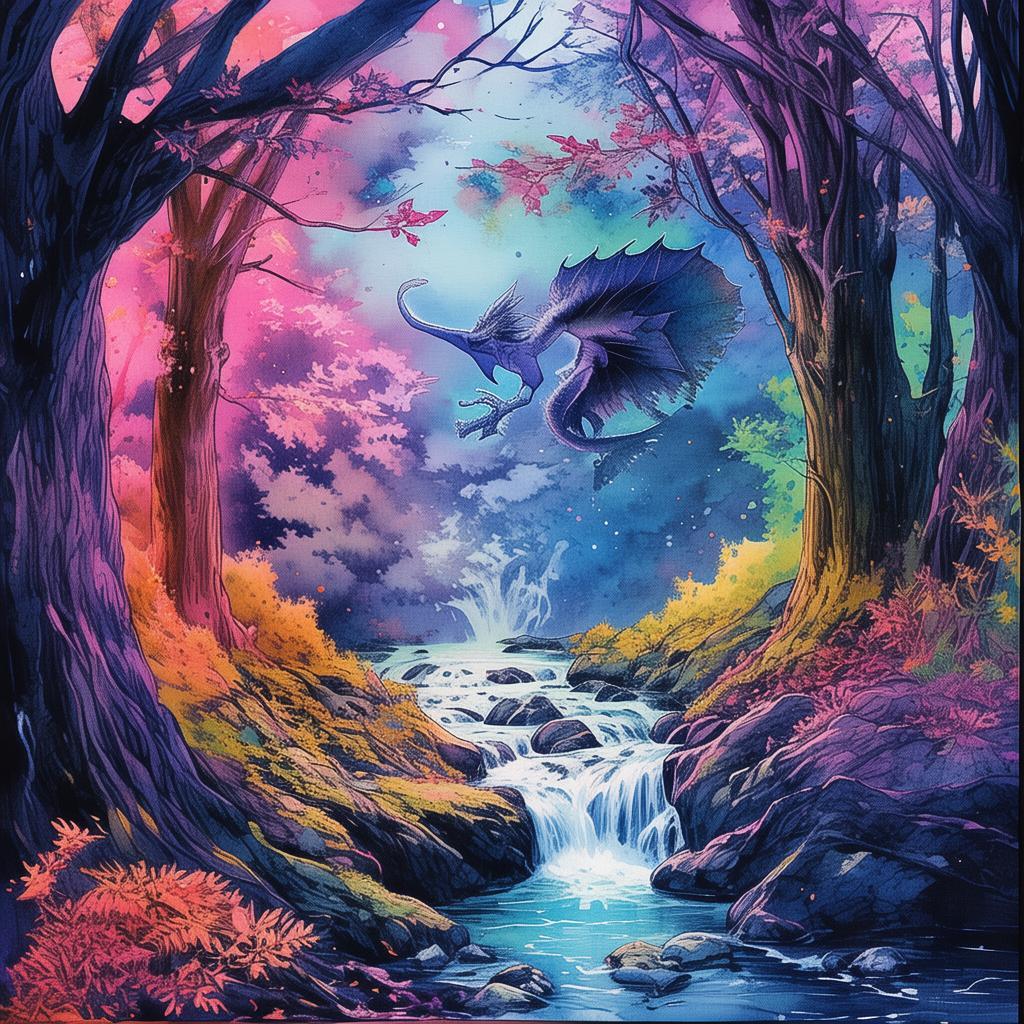The Echoes of the Future: A Lyrical Uprising
In the heart of the Song Dynasty, where the air was thick with the scent of blooming plum blossoms and the hum of a thousand strings, there lived a girl named Ling. She was not like the other lyristes of her time, who sang of love and loss, of courtly intrigue and the fleeting nature of beauty. Ling's voice was a beacon, a call to arms, a cry for freedom.
The land was under the iron grip of the Imperial Court, and the people were but pawns in a game of musical chess. The court's favorite lyrist, known as the Empress' Lyre, held sway over the populace with her melodies, her every note a command, her every silence a threat. The people's only solace was the music that Ling sang, a blend of the old and the new, of sorrow and hope.
Ling's story began in the quiet of her family's modest abode, where the walls echoed with the sound of her father's lute. He was a lyrist, too, but one who had dared to compose songs that spoke of the people's plight. His music was banned, his songs whispered in hushed tones, and his fate was one of obscurity and fear.
One day, as the sun dipped below the horizon, casting a golden glow over the city, Ling's father called her to his side. "Ling," he said, his voice heavy with emotion, "the time has come. You must take up the lute and sing for the people. Your voice is their only hope."
Tears stung Ling's eyes as she nodded, her resolve as firm as the ancient stones that lined the streets of their city. She took the lute from her father's hands, and with a deep breath, she began to play. The melody was haunting, a mix of sorrow and determination, and as the notes filled the room, Ling knew her life had changed forever.
The revolution was not a single event but a series of whispers that grew into a roar. The people, inspired by Ling's music, began to gather, their numbers swelling with each passing day. They sang in the markets, in the alleys, and in the temples, their voices a symphony of defiance.

The Empress' Lyre, hearing the stir, sent her guards to silence the rebellion. They came to Ling's home, their faces twisted with malice, their hands dripping with the blood of the innocent. But as they approached, the air was filled with the sound of a thousand lutes, and the guards, taken aback, turned and fled.
The revolution had begun, and it was led by the power of song. Ling's melodies became the anthem of the uprising, her voice a beacon that guided the people through the darkest of times. She sang of the stars that shone in the night, of the rivers that flowed with the courage of the people, and of the mountains that stood as a testament to their resilience.
But the Empress would not be so easily defeated. She sent her most skilled lyristes to counteract Ling's influence, their songs filled with lies and deceit. The battle was fierce, the melodies clashing in the air like swords, and the people were torn between loyalty to the court and the promise of freedom.
In the midst of the conflict, Ling discovered a hidden truth: the Empress' Lyre was not just a lyrist but a sorceress, her music a spell that bound the people to her will. To break the spell, Ling would need to compose a song of her own, one that could counteract the Empress' power.
She spent days and nights in her room, her fingers dancing across the strings of her lute, her mind racing with the lyrics that must be written. Finally, as dawn approached, she finished. The song was a masterpiece, a blend of her father's sorrow and her own hope, a melody that could pierce the darkness and set the people free.
Ling stepped onto the stage, the crowd hushed in anticipation. She began to sing, her voice clear and strong, her words filled with power. The Empress' Lyre, hearing the song, felt a chill run down her spine. The spell was broken, and the people, inspired by the music, surged forward, their resolve as unbreakable as the mountains that stood watch over their city.
The revolution was won, and the people were free. The Empress' Lyre was stripped of her power, and the land was once again filled with the sound of music, not as a tool of oppression, but as a celebration of life and freedom.
Ling's name became a legend, her story a testament to the power of music and the unyielding spirit of the human heart. She sang of the future, of a world where the people could live without fear, where music was not a weapon but a gift, a way to connect and heal.
And so, the Lyrical Revolution continued, its echoes reaching far beyond the Song Dynasty, a reminder that the power of song is a force to be reckoned with, a force that can unite, inspire, and change the world.
✨ Original Statement ✨
All articles published on this website (including but not limited to text, images, videos, and other content) are original or authorized for reposting and are protected by relevant laws. Without the explicit written permission of this website, no individual or organization may copy, modify, repost, or use the content for commercial purposes.
If you need to quote or cooperate, please contact this site for authorization. We reserve the right to pursue legal responsibility for any unauthorized use.
Hereby declared.









